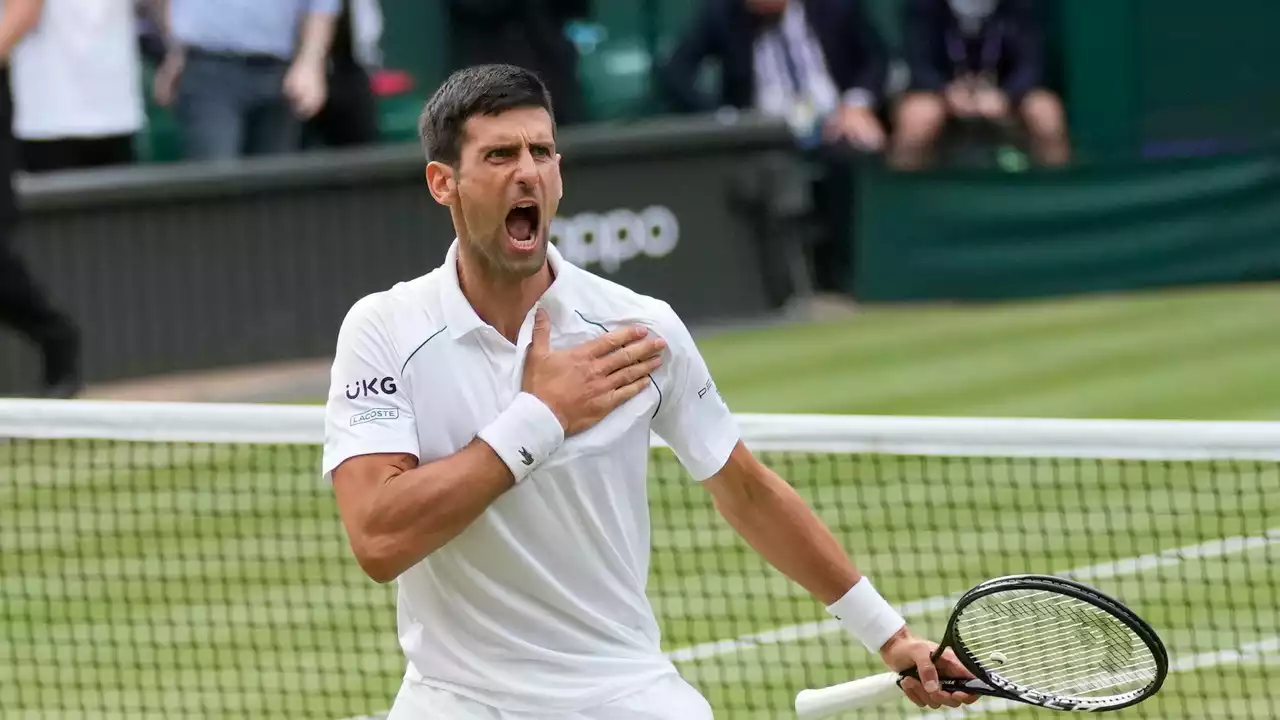Career Beginnings in Sports
When you think about career beginnings, the first steps toward a professional sports life. Also known as early career, it sets the tone for everything that follows. In tennis and basketball, career beginnings often mean joining an AAU league, signing up for junior tournaments, or earning a scholarship. These actions are more than check‑boxes; they are the groundwork that lets you grow from a curious kid to a competitive athlete. The moment you step onto a court with a coach’s clipboard or line up for a local match, you trigger a chain reaction: you start learning the sport’s language, you meet people who can open doors, and you begin to picture a future beyond casual play. That first exposure is the spark that fuels later dedication, and it’s why the quality of those early experiences matters so much.
Key Factors That Shape Early Success
One of the strongest drivers of a solid start is early career development, the process of learning fundamentals, building habits, and finding mentors. Also known as skill acquisition, it requires a mix of disciplined practice and guidance from people who have already walked the path. Career beginnings encompass early skill development, meaning the drills you repeat, the fitness routines you adopt, and the mental habits you form all count toward long‑term performance. When a young player signs up for a local AAU circuit, they’re not just playing games—they’re accessing structured coaching, scouting visibility, and a community that pushes them to improve. Sports pathways, the routes athletes follow from grassroots to elite levels often include high school teams, club leagues, college programs, and eventually professional drafts. Each step demands a different set of skills, but the common thread is mentorship; without guidance, talent can stall. For example, a teenager who receives feedback on serve mechanics from a seasoned coach will correct flaws faster than one who relies solely on video tutorials. That correction loop is a classic semantic triple: early career development requires mentorship, and mentorship influences long‑term success.
Beyond coaching, skill building, the deliberate practice of sport‑specific abilities is the engine that turns potential into performance. Whether it’s mastering a jump shot, perfecting a two‑handed backhand, or sharpening footwork, consistent effort in these areas shapes confidence on the court. Skill building influences future opportunities: scouts look for athletes who show measurable improvement, and sponsors favor players who can execute under pressure. The reality is simple—if you invest time in building core abilities now, you’ll reduce the learning curve later when the competition gets tougher. When you combine early career development, clear sports pathways, and focused skill building, you create a sturdy framework that supports every next step. Below, you’ll find a curated mix of stories, tips, and analyses that illustrate how athletes have turned their career beginnings into lasting success. Dive in to see real‑world examples, practical advice, and the kind of insights that can help you shape your own path.
Tennis: What was Novak Djokovic's early reputation like?
Sure thing, let's dive into the early days of ace-slinger, Novak Djokovic! Back in the day, Djokovic was known as a fiery young talent, with a passion for tennis that was as infectious as a groovy disco beat. People knew him as a promising player, but boy, he had a knack for drama! He was often seen battling not just his opponents but also the huff-puff of physical challenges. But hey, no mountain high enough for our Djoker, right? His early reputation was like a spicy meatball – a little hot, a little hard to handle, but oh-so-delicious in the grand scheme of things.
